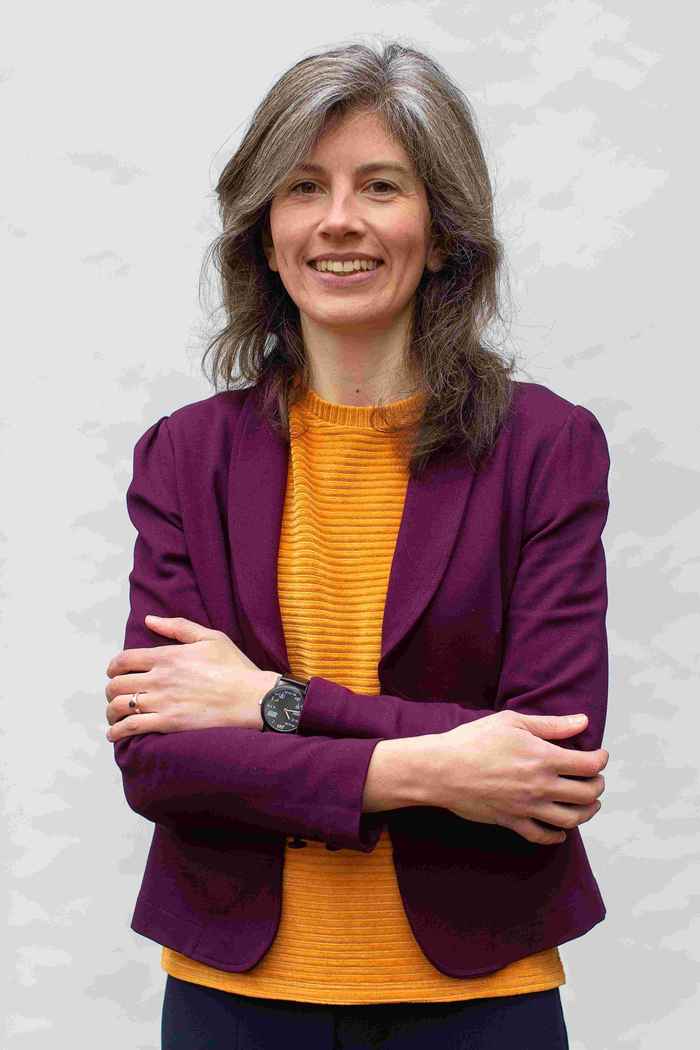Exploring formal models to characterize strategic uncertainty in complex decision-making
Fellowship event by Femke Bekius
- Date
- 5 June 2025
- Time
- 12:00 -14:00
- Location
- Oude Turfmarkt 145-147
- Room
- Sweelinck Room

Decision-making is complex because of three aspects: 1) the content of the decision to be made and its interdependent elements, 2) the multiple actors involved with different incentives, and 3) the dynamic environment in which the decision takes place and its connection to other decisions.
In this talk, Femke focusses on the multi-actor interactions and strategic uncertainty. Strategic uncertainty can be defined as not knowing how and when other actors act or decide. It is difficult to grasp, creates silo-thinking, go-alone behavior and prevents constructive collective action needed for addressing complex problems. Therefore, better understanding of strategic uncertainty is critical to decision-making.
Various disciplines, from both formal and social sciences, have studied this concept and its underlying mechanisms. The overarching aim of this talk is to make a start with connecting Public Administration concepts and mathematical models (o.a. game theory and belief models) to address strategic uncertainty in complex decision-making.
The talk is open for anyone interested in complexity, decision-making, uncertainty, modelling and bridging concepts and disciplines in general. Examples from real-world cases in health care networks will be used for introducing the different ways in which strategic uncertainty can be modelled. Ultimately, this research aims adds mathematical concepts to (i) characterize decision-making, (ii) generate novel theoretical and empirical explanations underlying strategic uncertainty, and (iii) provide methodological (participatory) approaches to support stakeholders navigating it.
Programme
| 12:00 | Lunch on arrival |
| 12:30 | Start fellowship event |
| 14:00 | End |